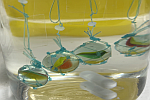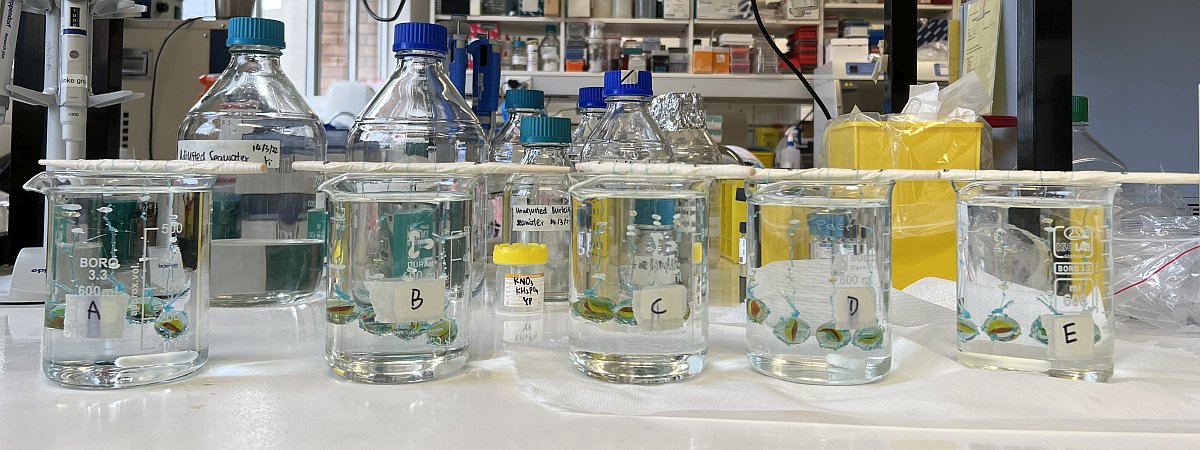|
Using culture independent techniques, we aim to identify microbes and enzymes involved in polypropylene, polystyrene and polyethylene biodegradation in marine habitats. |
|
The durability of plastics is desirable for many applications. However, it also causes improperly disposed plastic to persist in nature and to accumulate in many environments and organisms. In recent years, only 20% of global plastic waste has been recycled, and the majority (55%) has been discharged in land fills. This calls for the exploration of new ways to break down and recycle plastic waste. Utilising plastic degrading microbes is a promising approach as several microbial taxa have been associated with plastic degradation. In this project, we aim to use culture-independent techniques and bioinformatics to profile the marine microbial community, reconstruct microbial genomes, and identify microbes and enzymes involved in polypropylene, polystyrene and polyethylene biodegradation.
Marine microbial plastic degradation experiments are performed under controlled conditions in the laboratory (image by Yi Peng). |

 Microbial degradation of m
Microbial degradation of m
